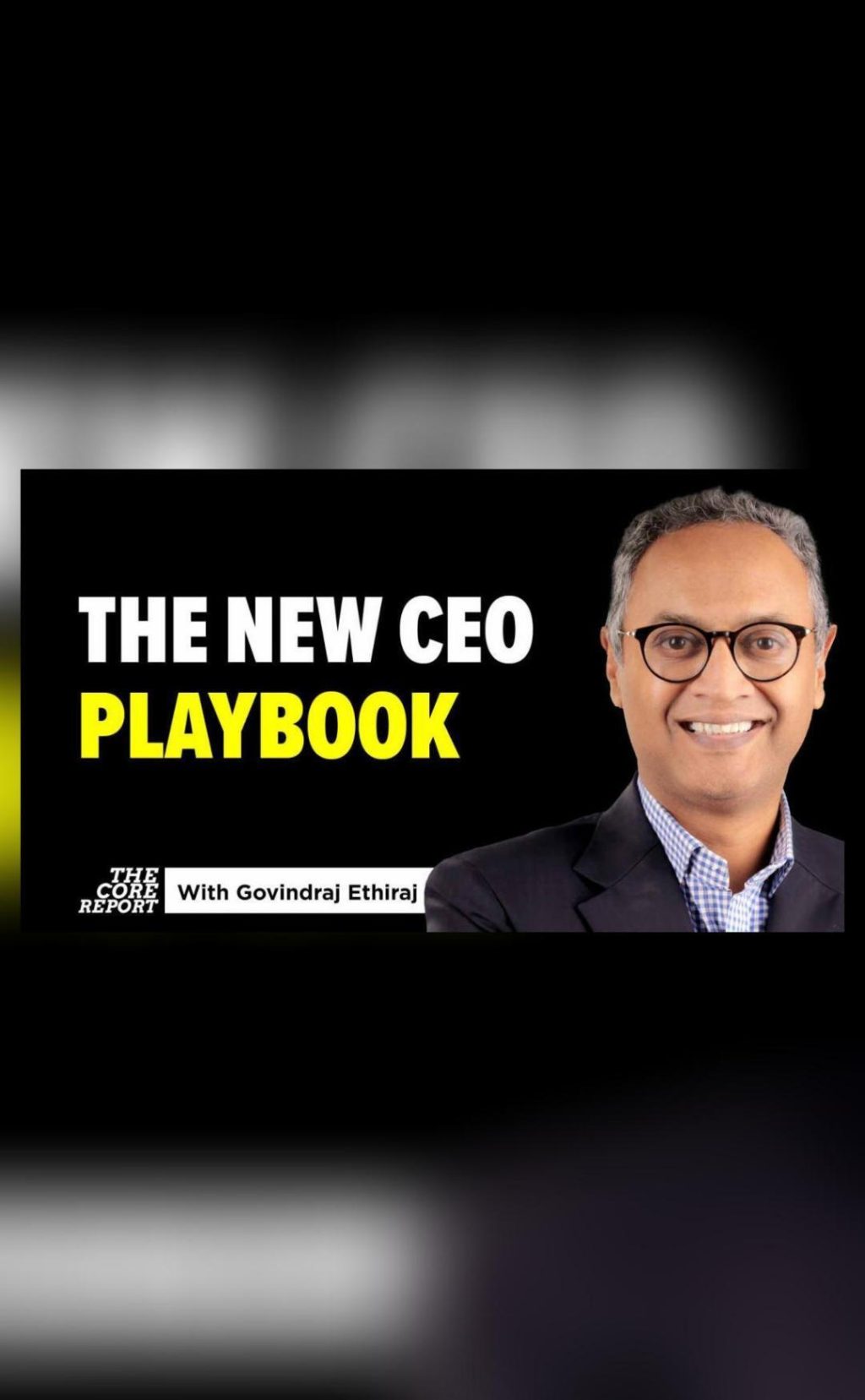
The New CEO Playbook: AI Pressures & Global Tariff Shocks
As AI reshapes industries and tariff shocks disrupt trade, global CEOs face unprecedented challenges. From internal pressures to automate and innovate, to external forces like shifting trade policies, business leaders must rethink strategy and operations. With no guarantee of stability, companies are being pushed to localise, adapt, and reconsider long-held business models.
In today’s fast-paced business environment, CEOs are no strangers to uncertainty. However, the confluence of AI-driven disruption and global tariff shocks creates a perfect storm of challenges that require a new playbook. Gone are the days of gradual, incremental change; the pace of technological advancement and shifting global dynamics demands a more agile and adaptive approach.
Internal Pressures: The AI Imperative
The first challenge CEOs face is the internal pressure to adopt AI-driven innovation. As AI continues to reshape industries, companies that fail to adapt risk being left behind. According to a McKinsey report, by 2030, 70% of companies will be using AI in some form. The imperative to automate processes, streamline operations, and enhance customer experiences is clear.
However, this pressure to innovate comes with its own set of challenges. For many companies, the lack of AI expertise and the need for significant investments in infrastructure and training can be daunting. CEOs must navigate these internal pressures while also ensuring that AI adoption aligns with their organization’s strategic goals.
External Pressures: Global Tariff Shocks
In addition to internal pressures, CEOs must also contend with external forces like shifting trade policies. The Trump administration’s tariffs on Chinese goods, retaliatory measures from China, and the ongoing trade tensions between the United States and Europe have created a global trade landscape that is increasingly unpredictable.
The impact on global trade is significant. According to the World Trade Organization, global trade has declined for the first time in three years, with tariffs being a major contributor to this downturn. Companies that rely heavily on international trade are feeling the pinch, with many struggling to adapt to the new reality.
Localisation, Adaptation, and Reconsideration: The New CEO Playbook
So, what does this mean for CEOs? The answer lies in a new playbook that combines internal innovation with external adaptability. Here are some key strategies:
- Localise and Diversify: Companies must rethink their supply chains and diversify their sources of revenue. This may involve localising production, reducing dependence on single markets, and investing in emerging economies.
- Adapt and Reskill: As AI takes over routine tasks, CEOs must invest in reskilling and upskilling their workforces. This will enable employees to focus on higher-value tasks and adapt to a rapidly changing environment.
- Rethink Business Models: The disruption caused by AI and trade tensions demands a fundamental rethink of business models. Companies must be prepared to pivot and adapt to new market realities.
- Foster Collaboration: In an era of increasing complexity, CEOs must foster collaboration and partnerships to stay ahead of the curve. This may involve teaming up with competitors, investing in startups, or partnering with other industries.
Real-World Examples: How Companies are Adapting
Companies that are successfully navigating the challenges of AI and trade tensions are those that are willing to adapt and innovate. Here are a few examples:
- Siemens, the German industrial conglomerate, has invested heavily in AI and automation, allowing it to streamline its operations and improve efficiency.
- Procter & Gamble, the multinational consumer goods company, has adopted a localised approach, reducing its reliance on single markets and investing in emerging economies.
- IBM, the technology giant, has shifted its focus to cloud computing and AI, positioning itself for success in a rapidly changing market.
Conclusion
The new CEO playbook is clear: to thrive in a world of AI pressures and global tariff shocks, companies must adapt, innovate, and localise. It is a challenging environment, but one that also presents opportunities for those willing to take bold action.
As the video from McKinsey highlights, “The future of business is not about being faster or cheaper, it’s about being more intelligent.” By embracing AI-driven innovation, adapting to shifting global dynamics, and localising their operations, CEOs can position their companies for success in a rapidly changing world.
Sources:






